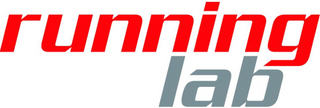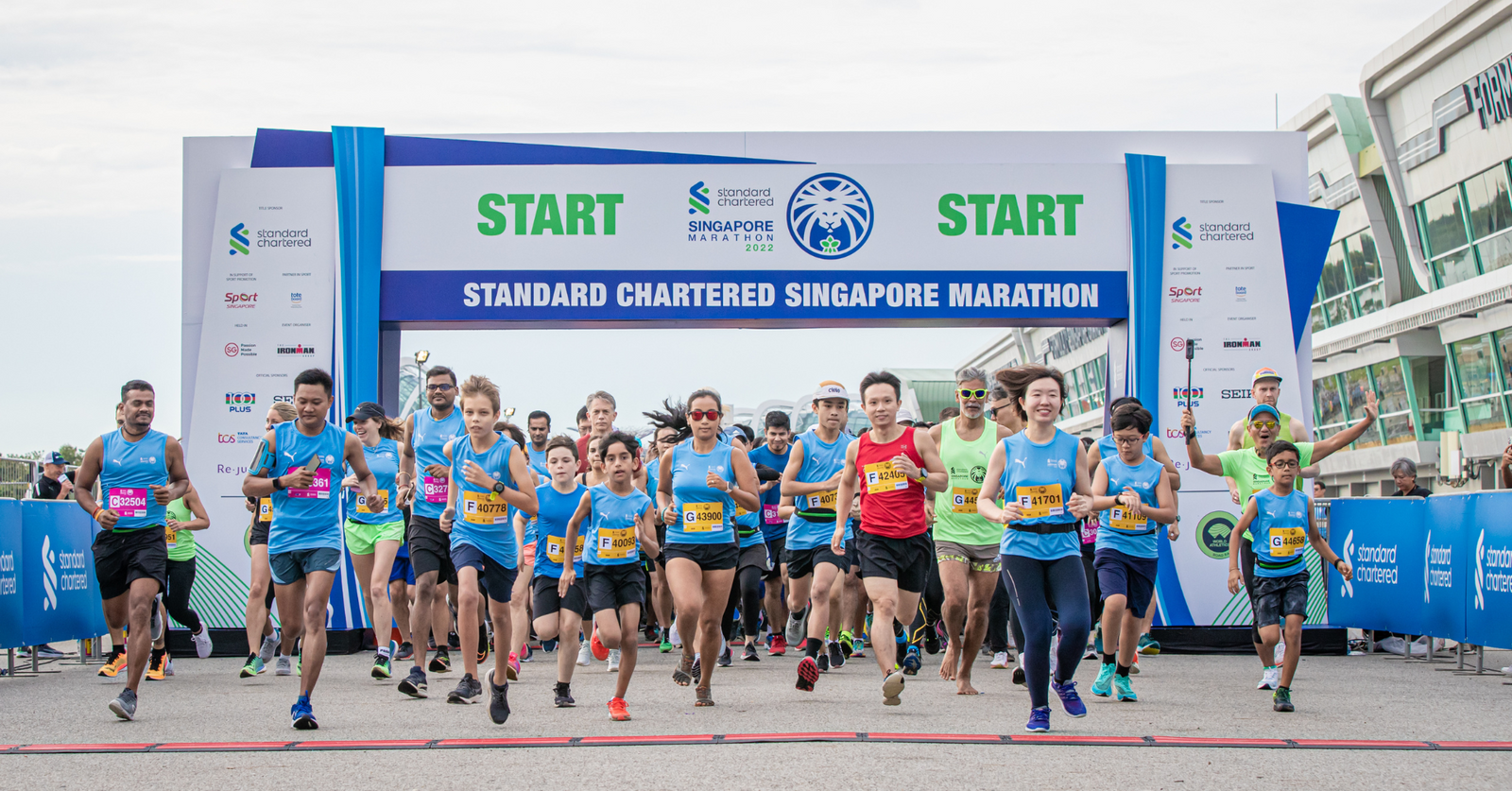Embarking on the journey of preparing for a marathon is both an exhilarating and challenging endeavor. Whether you're a seasoned runner looking to conquer your next marathon or a novice eager to take on the 42km challenge for the first time, a well-thought-out training plan is essential. In this comprehensive guide, we will cover every aspect of preparing for a marathon, from setting realistic goals to fine-tuning your nutrition and recovery strategies.
Setting Goals:
Before lacing up your running shoes, it's crucial to establish clear and realistic goals. Your goals should be specific, measurable, achievable, relevant, and time-bound (SMART). Consider factors such as your current fitness level, previous running experience, and the time available until race day. Whether your aim is to finish the marathon, achieve a personal best, or simply enjoy the experience, having a clear goal will help shape your training plan.
Building a Training Plan:
A well-structured training plan is the backbone of successful marathon preparation. Begin by assessing your current fitness level and designing a plan that gradually increases mileage while allowing for adequate rest. Include a mix of easy runs, long runs, speed workouts, and cross-training to build endurance, strength, and speed. Consider consulting with a running coach or using reputable marathon training programs available online to ensure a balanced and effective schedule.
Consistency is key in marathon training. Stick to your plan as closely as possible, but also listen to your body. Be flexible enough to adjust your training schedule if you experience fatigue or encounter unexpected challenges.
Nutrition and Hydration:
Proper nutrition is a cornerstone of marathon preparation. Fueling your body with the right nutrients is essential for optimal performance and recovery. Focus on a well-balanced diet that includes a mix of carbohydrates, proteins, healthy fats, vitamins, and minerals. Experiment with different pre-run and mid-run snacks to find what works best for you.
Hydration is equally important. Aim to stay well-hydrated throughout your training, adjusting your fluid intake based on weather conditions and the duration of your runs. Consider practicing with the hydration strategy you plan to use on race day to avoid surprises during the marathon.
Cross-Training and Strength Training:
Incorporating cross-training and strength training into your regimen can enhance your overall performance and reduce the risk of injury. Activities such as swimming, cycling, and yoga can provide a break from running while still promoting cardiovascular fitness and flexibility.
Strength training, focusing on core and lower body exercises, helps build the muscular strength necessary for marathon running. Include strength sessions in your training plan at least twice a week, ensuring proper form and gradually increasing resistance.
Rest and Recovery:
Rest and recovery are often underestimated components of marathon preparation. Your body needs time to adapt to the stress of training, and adequate recovery is essential to prevent burnout and injury. Incorporate rest days into your weekly schedule, and listen to your body's signals for fatigue.
Active recovery, such as light jogging, walking, or cycling, can also aid in muscle recovery and prevent stiffness. Additionally, prioritize quality sleep to support overall well-being and recovery.
Race-Day Preparation:
As race day approaches, simulate race conditions during some of your long runs. Practice your pre-race nutrition, hydration, and clothing choices to ensure everything goes smoothly on the big day. Familiarize yourself with the marathon course and develop a race-day strategy, including pacing and fueling plans.
Pack your race-day essentials, including comfortable running attire, properly broken-in shoes, and any nutrition or gear you plan to use during the race. Arrive at the race venue early to avoid unnecessary stress and give yourself time to warm up.
In Conclusion:
Preparing for a marathon is a challenging yet rewarding journey that requires dedication, commitment, and careful planning. By setting realistic goals, following a well-structured training plan, and paying attention to nutrition, hydration, and recovery, you can increase your chances of crossing the finish line with a sense of accomplishment. Remember that every runner is unique, so listen to your body, stay motivated, and enjoy the process as you embark on this incredible adventure.
Image Credit: justrunlah.com

